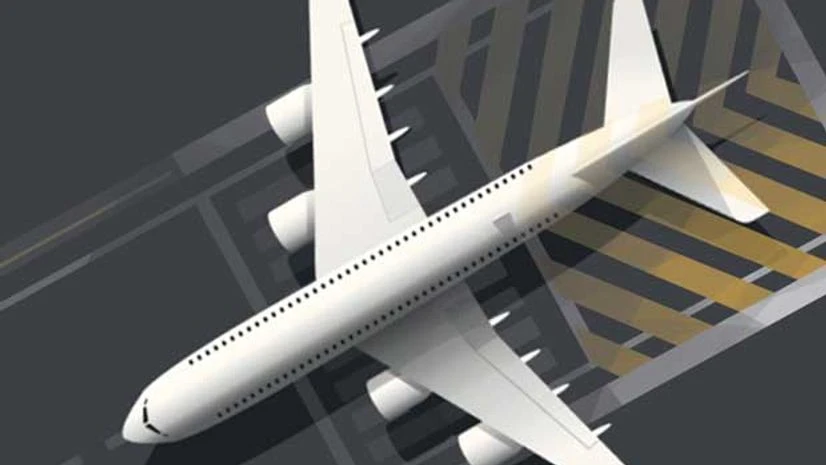The country’s fair trade regulator on Tuesday found Jet Airways, IndiGo and SpiceJet guilty of colluding in fixing fuel surcharge rates for transporting cargo. The Competition Commission of India (CCI) in its final order passed on Tuesday imposed a fine totalling Rs 257.91 crore on the three carriers.
The order was passed in response to a complaint filed by Express Industry Council of India, a body representing companies including Blue Dart, Fedex and DHL, among others. The regulator did not impose any penalty on Air India and GoAir, which were also named in the complaint, as the commission did not find any contraventions against the two.
“The commission noted that the airlines acted parallelly in fixing fuel surcharge rates. Such conduct was found to have resulted in indirectly determining the rates of air cargo transport,” ministry of corporate affairs said on the CCI order.
Also Read
The competition watchdog is empowered to impose fines up to 10 per cent of the average turnover of the past three years. But, it imposed a penalty of one per cent due to the airlines’ weak financial health. Accordingly, a fine of Rs 151.69 crore was slapped on Jet Airways, while IndiGo and SpiceJet were asked to pay Rs 63.74 crore and Rs 42.48 crore, respectively.
“Jet Airways is not in contravention of the provisions of the Competition Act and it shall pursue all available legal steps to defend its position,” Jet Airways said.
IndiGo said it was studying the order and will take “legal steps to challenge the order in the appropriate forum”. “The company has been legally advised that it is not in contravention of the provisions of the Competition Act,” IndiGo said. A SpiceJet spokesperson told agencies the carrier is studying the order and will likely challenge it.
In its complaint, Express Industry Council of India argued the levy of fuel surcharge at uniform rate from the same day amounted to cartelisation and was detrimental to the interests of freight forwarders and consumers. It also alleged that “although fuel surcharges were introduced as extra charges linked to fuel prices, there have been no corresponding decreases in fuel surcharges as fuel prices have declined”. The CCI had also looked into the matter of alleged cartelisation of airfares on three previous occasions but did not find any evidence of fair trade norm violations.
|
IN THE HANGAR The competition watchdog is empowered to impose fines up to 10% of the average turnover of the past three years. But, it imposed a penalty of 1% due to the airlines’ weak financial health |
|
The competition watchdog held that fixing and revising fuel surcharge on cargo and courier parcels undermined economic development of the country and ultimately acts to the detriment of end-consumers. “The basic concern in the present case is the overcharging of cargo freight, in the garb of fuel surcharge. It is important for the growth of the market that these cartels be broken and more transparency be brought in price fixing by the airlines. Else, the fuel surcharge, which was essentially introduced to mitigate the fuel price volatility, will continue to be used as a pricing tool to the detriment of the users who include express companies, freight forwarders and ultimately the end users,” the CCI said.
The CCI added that the complainant had demanded the fuel surcharge be “benchmarked to an index, which results in logical transparency and suggested that a similar formula be adopted in India”. “However, this suggestion was ignored” by the airlines which took “undue advantage of their dominant position and have continued the practice of increasing FSC uniformly, with no correlation to the increase/ decrease of fuel prices,” it added. The CCI directed the airlines from desisting from such anti-competitive practices.

)
